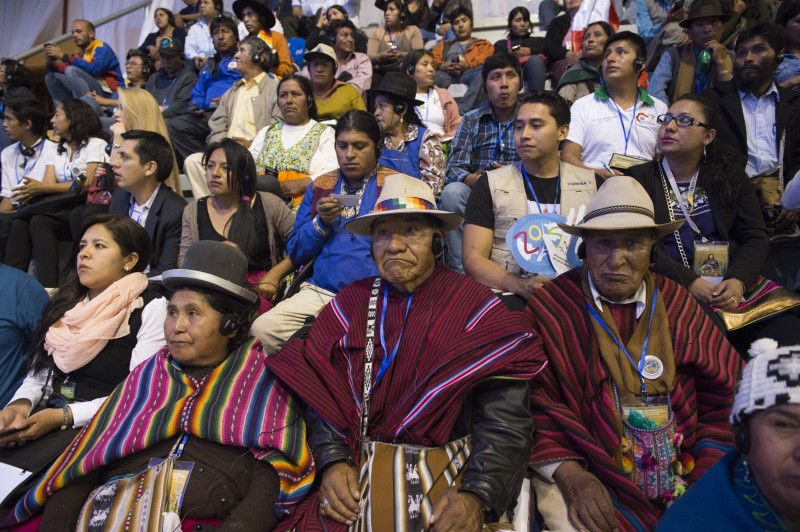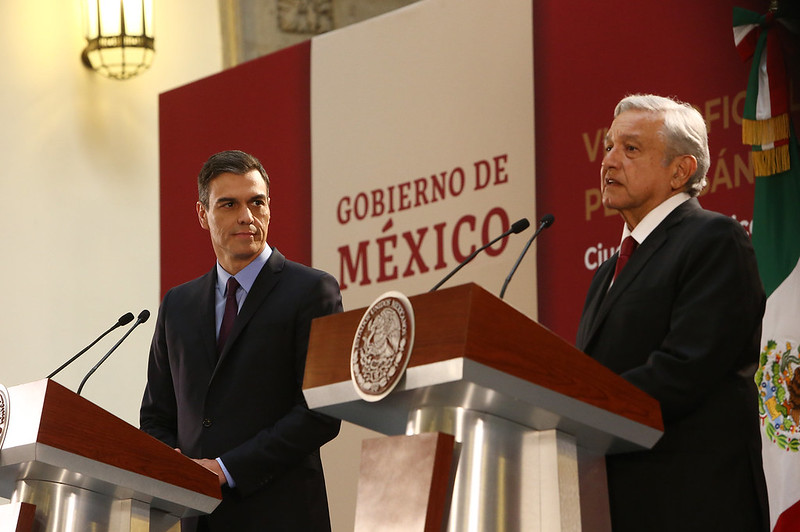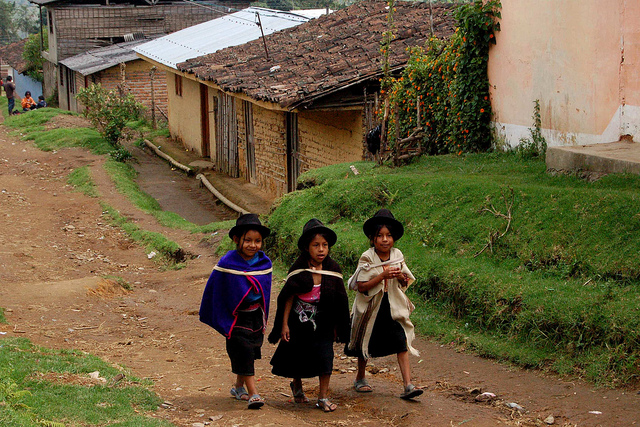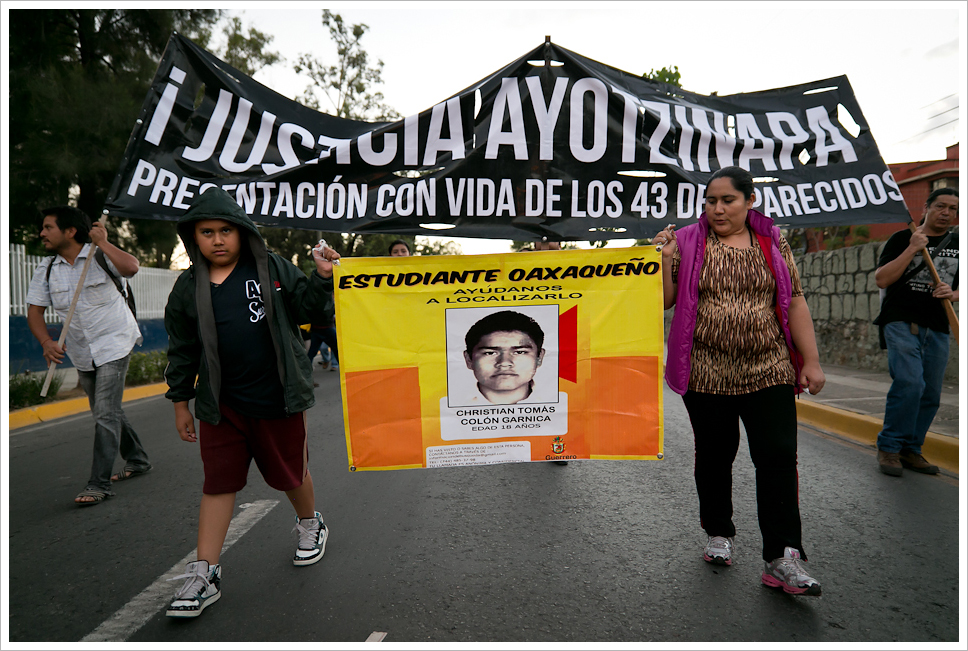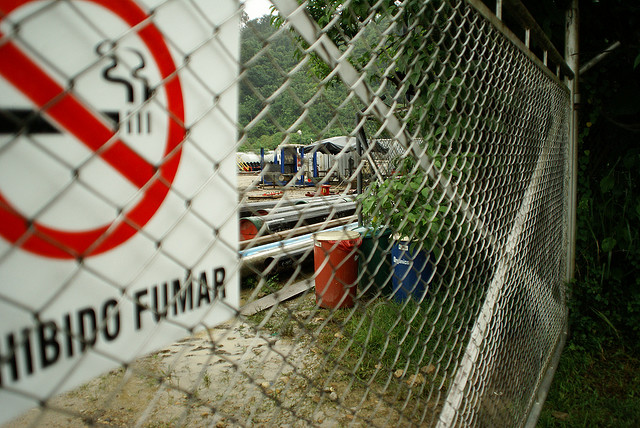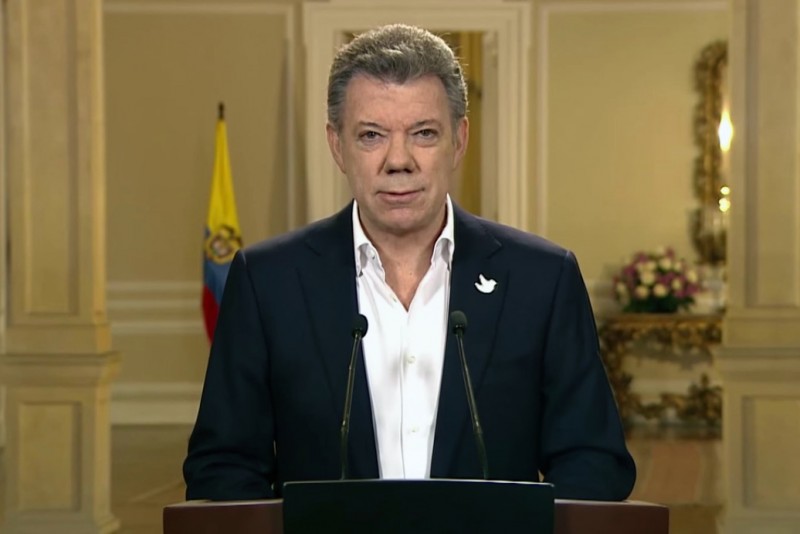
Central America, Guatemala, Latin America: Week in Review
17 Inmates Dead After Guatemalan Prison Riot
December 1, 2015 By Staff
Top Story — Two thousand police officials finally managed to get a Guatemalan prison under control on Monday after a fight broke out that resulted in the death of 17 inmates, seven of whom were decapitated. Violence allegedly erupted between Mara 18 and Mara Salvatrucha gangs as well as unaffiliated inmates on Sunday afternoon at the Canada Rehabilitation Farm south of Guatemala City.
The fight comes just a few months after President Otto Pérez Molina, who championed the tough on crime “mano dura” policies that sent many youth to jail for alleged gang affiliation, was ousted from office after Guatemala’s congress voted to end his immunity from prosecution for corruption. During his term, Pérez Molina also pledged to build new prisons, but touted the plan as a crime fighting measure rather than an attempt to reduce overcrowding.
The Canada Rehabilitation Farm is a prime example of Guatemala’s prison overcrowding problem: it holds 3,092 inmates despite being designed to house just 600. Human rights groups, journalists and the U.S. State Department have raised concerns about the mano dura policies and prison conditions in Guatemala.
Numerous reports cite increasing gang violence in the Northern Triangle countries of Guatemala, El Salvador and Honduras as one of the main factors contributing to the surge of unaccompanied child migrants arriving to the U.S.-Mexico border. The number of children arriving began to dip in 2014 following pressure on Mexico from the United States to deport Central American migrants before they reached the border. However, the number of child migrants is on the rise again as violence increases in the region.
Headlines from the Western Hemisphere
North America
- Prosecutors in Sinaloa, Mexico, traced the unrecognizably burned remains of two bodies in a charred bus to two Australians who had been missing since Nov. 21, the second tourist murder along Mexico’s Pacific coast in the past year presumed to originate from drug cartel violence.
- Pope Francis told reporters Monday the projected outline of his Mexican tour next year, which will include a visit to Ciudad Juárez and the state of Chiapas on Mexico’s northern and southern borders in order to highlight immigration issues.
Caribbean
- In an effort to prevent brain drain, the Cuban government announced Tuesday that it will reimpose an unpopular travel ban on doctors, who will now have to get permission from the Health Ministry before leaving the country.
- Puerto Rican Governor Alejandro García Padilla told reporters Monday he was still unsure whether the territory’s Government Development Bank will be able to submit a $355 million bond payment to creditors due Tuesday.
- An alliance of eight candidates who did not win Haiti’s presidential election last month, and who allege massive fraud from government-backed candidate Jovenel Moïse, set an ultimatum late Sunday: if structural changes to the electoral council and police department do not happen within a month, they will demand that a transitional government facilitate a new general election.
Central America
- The valuable artifacts of a 1631 shipwreck off the coast of Panama have incited a dispute between the Panamanian government, the United Nations, the U.S. Department of Homeland Security and U.S. treasure-hunters over entitlement to the remains, drawing attention to legal ambiguities about profit derived from historic shipwrecks that are now easier to access with new technologies.
- An Amnesty International report released Sunday documents the devastating impacts of abortion policy in El Salvador, which belongs to only five countries that criminalize the practice under any circumstance.
Andes
- The Colombian army announced that it has killed senior ELN rebel José Daniel Pérez, better known by his nom de guerre “Tuerto Lucho” or One-eyed Lucho.
- Three men have been arrested and charged with the killing of Venezuelan opposition leader Luis Díaz, who was murdered last week while campaigning against the government in the central state of Guárico, an act that government officials claim was part of a gang dispute in the region.
- New York native Lori Berenson, who was held for 15 years in a Peruvian jail after being found guilty of aiding rebels from the leftwing Túpac Amaru Revolutionary Movement in the mid-90s, may now finally return home to the United States after spending the last five years on parole in Lima.
- As Colombia’s President Juan Manuel Santos moves toward a potential peace agreement with the FARC, Colombia’s enforced military draft, which disproportionately affects the country’s poor, is coming under heightened scrutiny. Santos reiterated on Tuesday his belief that the government and FARC rebels can resolve the obstacles standing in the way of a permanent peace deal.
Southern Cone
- Eduardo Cunha, Brazil’s president of the Lower House, has denied accusations of receiving bribes from BTG Pactual investment bank, an allegation that has been raised after prosecutors allegedly found evidence of payments BTG made to Cunha in exchange for favorable legislation.
- Murilo Ferreira, the chairman of Brazilian energy company Petrobras, has announced his resignation amid disputes about how to cut costs and weather an ongoing corruption scandal.
- Uruguay will present its first National Early Childhood Care Plan at an international symposium that opens Monday in Montevideo, with at least 15 international experts from countries such as Italy, Chile and Finland weighing in on the plan.
Subscribe to Today in Latin America by Email
< Previous Article
